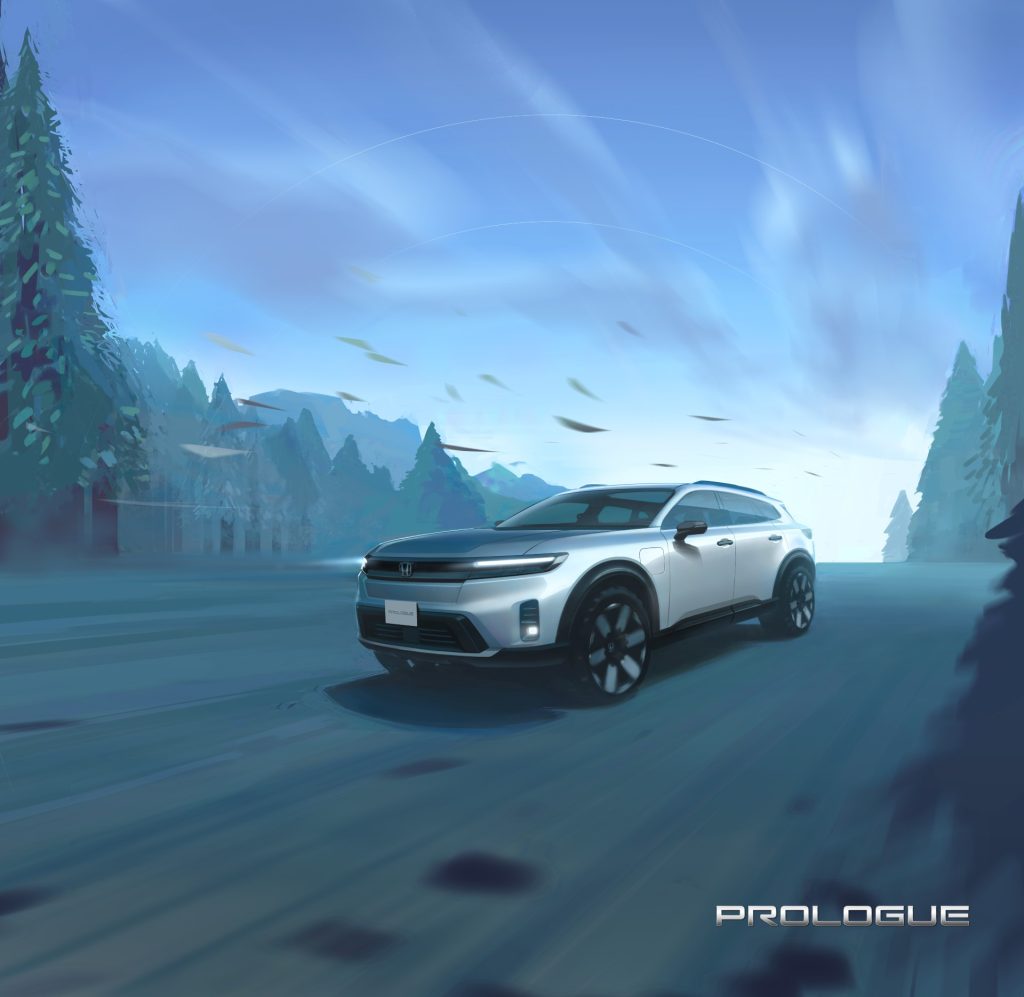
Honda has recently invested in a solid-state battery production line, and a Honda executive has stated that current battery tech is not a long-term solution.
EV fans and critics alike have been known to criticize current battery technology. While the lithium-ion battery now defines the mobile technology of our modern world, they are heavy, use a lot of rare earth minerals, degrade quickly over time, and can have an outsized environmental impact over their lifespan. However, Honda is betting that solid-state batteries will be able to solve these issues.
n an interview with TheDrive last week, Honda’s Vice President of Business and Sales, Dave Gardner, stated that current battery technology is not a long-term solution, citing material concerns and the difficulty of achieving price parity with gas vehicles:
“We [Honda] don’t really believe that the current lithium-ion technology is the long-term solution.”
What does Honda see as the next evolution? It seems to be solid-state batteries. These batteries can be made smaller, lighter, and use less material. At the same time, they are far more energy dense, can be charged more quickly, and can last far longer. And in chasing this mythical technology, Honda has invested $310 million in a new solid-state battery production line that they will use to test the technology and the manufacturing process surrounding it.
Honda isn’t the only one. Ford and BMW have invested multi-hundred million dollars into SolidPower, a solid-state battery start-up in Colorado. Volkswagen has invested in Northvolt batteries in Sweden numerous times.
The new race to the moon is the race to solid-state battery tech. Countless labs are working on getting the technology right, and an even larger group of investors are looking to dump liquid cash onto these researchers to be the first ones to put this tech in their products. However, Honda’s executive recognized that these solutions “aren’t around the corner.” Nonetheless, consumers should be hopeful that such fantastic technology is incredibly close to revolutionizing how we interact with electric vehicles and all mobile electronics.
